Max Verstappen and Christian Horner explained why Red Bull’s risk-laden set-up contributed to a difficult day at the office at the Formula 1 British Grand Prix.
The Dutchman started on pole position at Silverstone, after setting a blistering lap on Saturday, partly down to a skinny rear wing that the team opted to gamble with.
However, race day’s inclement and changeable weather saw the plan backfire, and along with a spin after the contentious Safety Car restart, Verstappen dropped back down the order.
But despite a flurry of radio messages complaining about the drivability of the RB21, Verstappen hauled himself through the order via a decent recovery strategy and finished fifth.
After the race, Verstappen discussed how the car felt, and how he was able to eke out his Intermediate tyres for as long as he could on his way to the end of the race.
“To be honest, I didn’t know what to expect,” he told media including Motorsport Week.
“It was very difficult from lap one onwards. It was a very difficult balance in the car between high speed and low speed.
“I couldn’t really find a good balance. Also, in the inters, I think we were degrading the tyres too much, especially on the intermediate tyre.
“And then I had, of course, my moment, which made everything a bit more difficult. But even when I was behind I also didn’t really have the pace to move forward, which was a bit concerning.
“But then again, we made the right call. Stayed calm, stayed out as long as we could with the inters.
“That was again the right call, so we ended up fifth, which I think in hindsight, looking at it, is probably the best we could have done after all the things that happened during the race.”
Verstappen suggested the weather handed Red Bull some bad luck, believing the conditions were going to improve from the original forecast.
“The weather forecast overnight just changed a lot, because up until yesterday, the weather was getting better.
“It was actually just raining a bit in the morning, and then it would be fine. And last night, suddenly, it just shifted into more severe rain. That can happen.”
When asked if he realised his race chances had been reduced when he saw the rain, Verstappen responded: “I knew that it was going to be more difficult.”
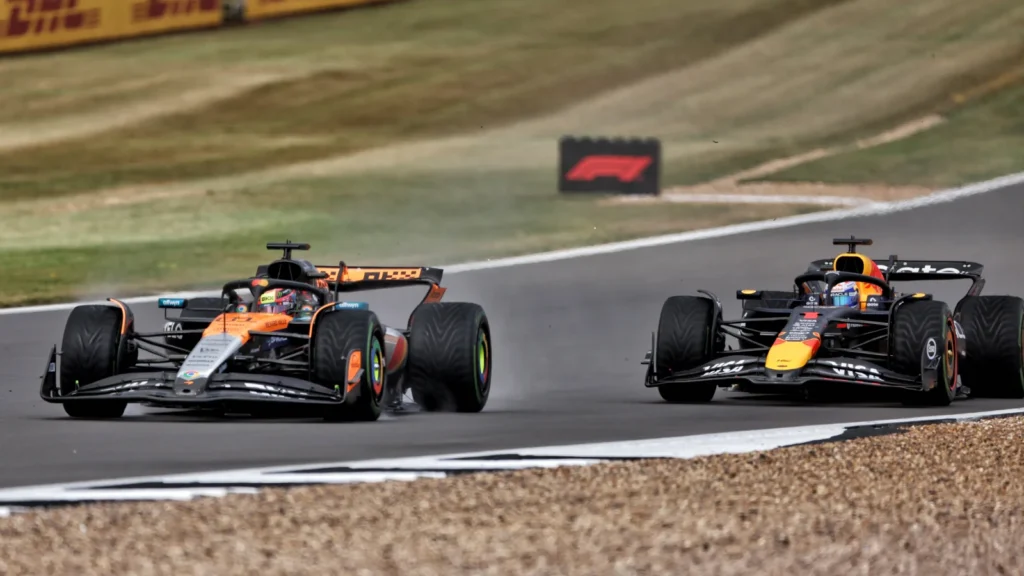
McLaren ‘miles ahead’ once the track dried
Red Bull boss Horner revealed that the skinny wing set the RB21 to a downforce rate similar to one of the calendar’s fastest circuits, and corroborates Verstappen’s belief that the chances of rain were decreasing.
“We trimmed down the car basically to Monza levels of downforce and were able to obviously get a balance, enable Max to get a fantastic pole position that matched Sebastian Vettel’s record and that was based on the forecast that we had that there might be a 20 per cent chance of rain on Sunday morning but thereafter dry conditions,” he said.
“And I don’t think any forecast that we certainly saw showed any chance that the rain was going to be that heavy and that late.
“So, lining up on the grid in the conditions it was, I thought Max had a super start, was able to feel his way around those first few laps.
“But it was clear very early on that Oscar had quite an advantage pace-wise. And then again, as the tyres started to overheat as it was drying out, because it rained on part of the track and not on all of it, you could see McLaren’s advantage, particularly on that tyre it was truly evident, and they were miles ahead of the rest of the pack to the point that then the rain started, which was what we were trying to get to.
“The guys that had gone for slicks went too early and the track just wasn’t quite ready for it, but it was clear that rain was coming in.”
Horner also complained that Verstappen’s race began to unravel further after the contentious incident with race leader Oscar Piastri, who braked sharply on the Hangar Straight at the end of the Safety Car period, for which he received a 10-second time penalty.
“We were able to jump in the pits past Lando [in the rain crossover], which then got Max back out into position and then thereafter the Safety Car came out.
“And yeah, that’s where the race started to unfold for us, unfortunately, where Oscar obviously did what he did on the brakes on the run up to Stowe. And once we were in the pack in that dirty air, in those wet conditions on the downforce level that we were running, you could see just how hard it was for him.
“But then as the circuit started to dry out, you could see the car starting to find more and more pace and he was able to pick his way through the cars ahead of him to recover to P5 at the end of the race as Lance Stroll started to fade on the Soft tyres.
“So, yeah, a difficult race today. Had the race been two hours later, it could have been a different outcome, but it would have been very tough to beat I think the McLaren’s here today, but we certainly should have been on the podium.”
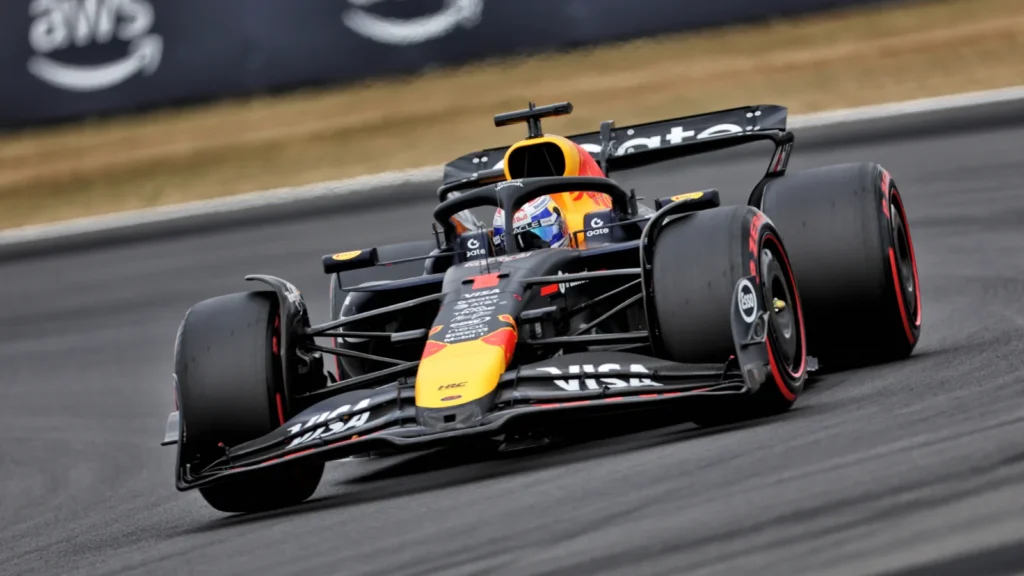
Would Verstappen have won a dry race?
Horner said that with Verstappen’s constantly having to correct near-slides in the Becketts complex as the track continued to be damp, the increased load on the car was becoming a hindrance on its rubber.
“I think when you’re sliding like that in those conditions, you can see they were all going through the front left,” he explained. “They were basically coming back to a slick tyre.
“And as it came back to a slick, the pace sort of came back. But yeah, it was very, very tricky. I mean, there’s some very fast corners here, medium speed corners.
“If you don’t have the load on the car, it amplifies the complexity.”
Horner doubled down on the team’s decision to fit the skinny wing, saying it played a big part in his qualifying lap that shook the McLarens.
He added that had it been a dry race, Verstappen would have been hard to overtake, rueing the “blighty weather” that plagued the Dutchman.
“I think it was a good call engineering-wise to do that, but at a track that’s so high speed, and Copse becomes your limiting point,” Horner said.
“He was flat through Copse without wing and very quick through Becketts yesterday. His first two sectors were absolutely dynamite. So it paid off.
“And I think actually in a dry race, he would have been very quick in the areas he needed to defend and it would have been hard to get near him today, but we won’t know because unfortunately the weather intervened.”
READ MORE – Why Max Verstappen thought Oscar Piastri’s F1 British GP penalty was ‘strange’

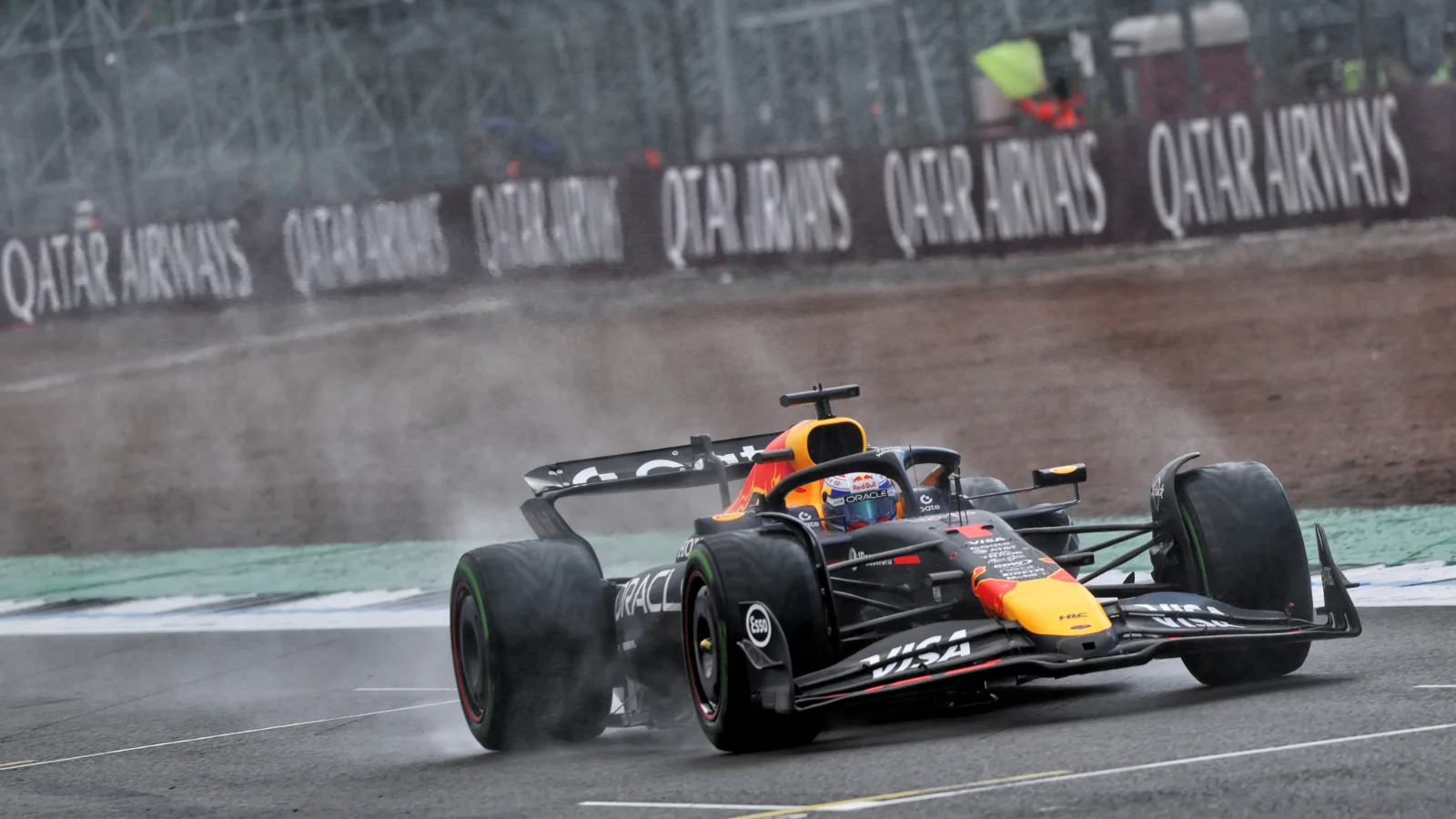


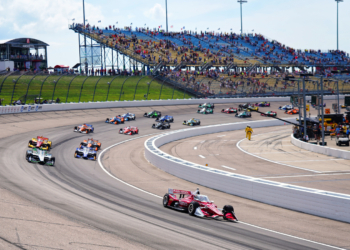
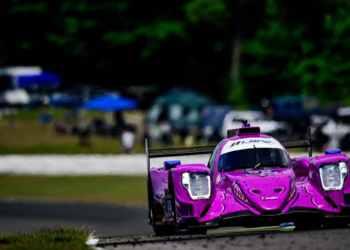

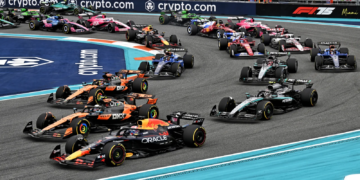


4mgvp4
lckl9m